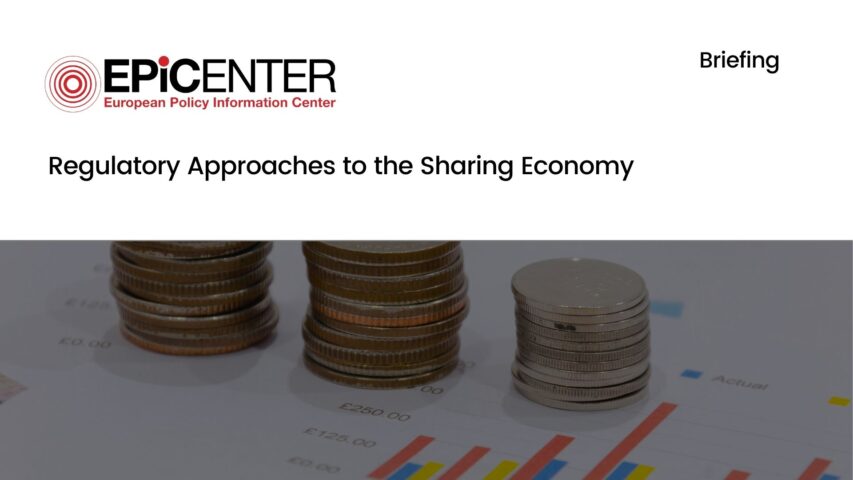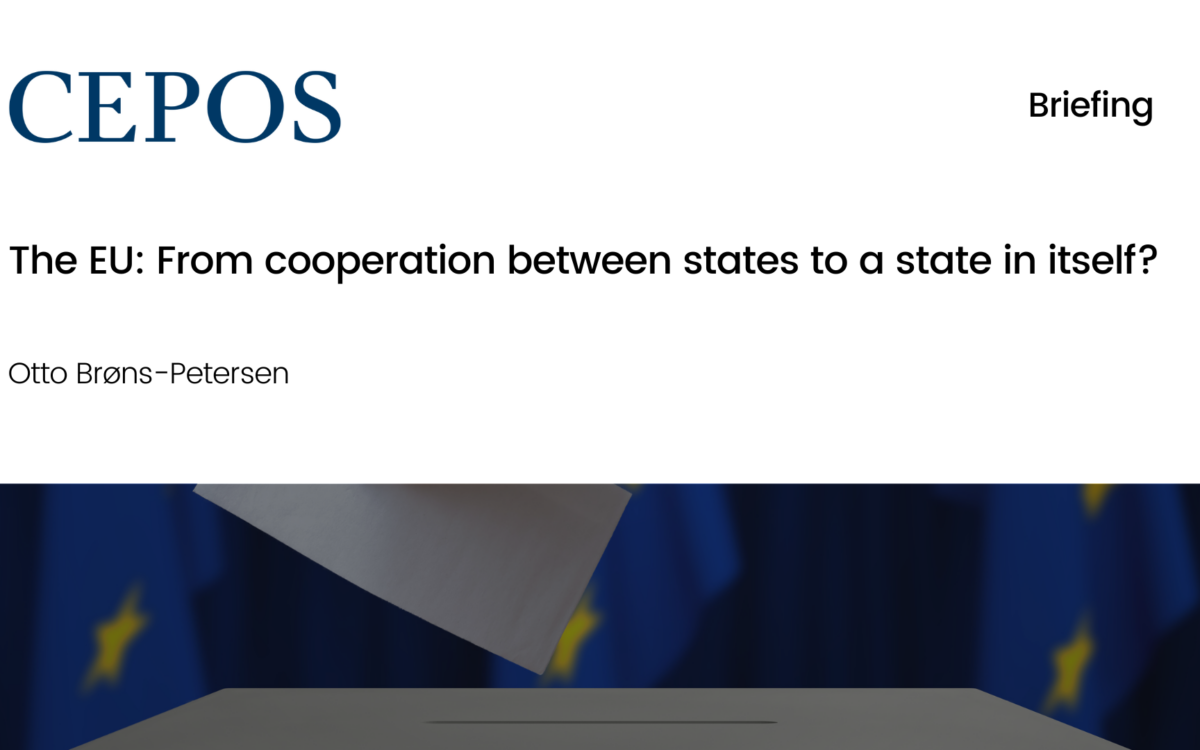Regulatory Approaches to the Sharing Economy

Regulatory Approaches to the Sharing Economy
February 2016
The sharing economy is based on reductions in transaction costs which enable exchanges that were previously not possible. Sharing economy firms facilitate a more efficient use of assets, to the benefit of both asset owners and prospective users. Its potential positive impact on welfare has been estimated at over €1,000 per EU citizen. There is reason to doubt that a special regulatory regime is needed for sharing economy businesses. However, the rise of new business models does underline the need to adapt employment and tax rules to the new circumstances.
Download or share this publication
View the PDF
EPICENTER publications and contributions from our member think tanks are designed to promote the discussion of economic issues and the role of markets in solving economic and social problems. As with all EPICENTER publications, the views expressed here are those of the author and not EPICENTER or its member think tanks (which have no corporate view).



